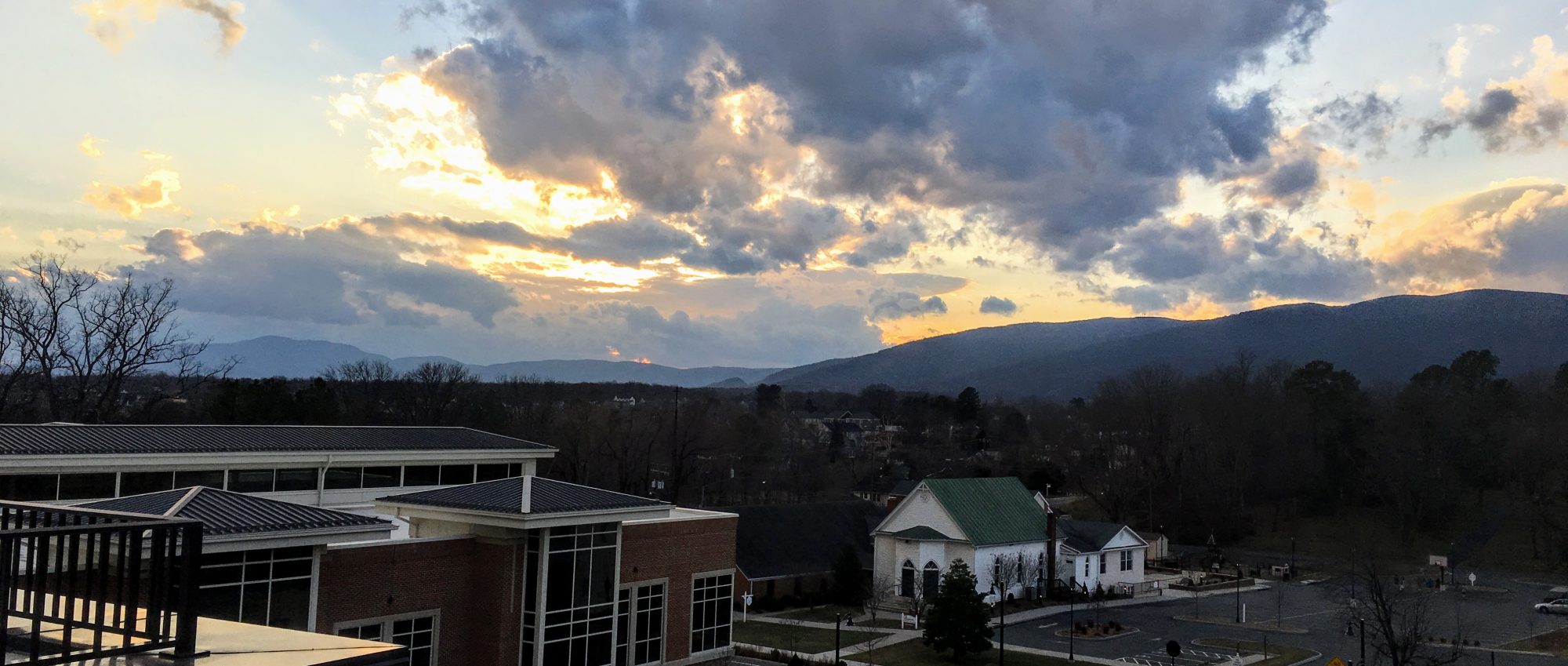I’ll pay someone to livetweet this meeting.
via email.
Thank you for your interest in the Oak Bluff Development. Our team invites you to a follow up discussion regarding the project. At the meeting, we will cover design updates and welcome additional feedback from the community. We appreciate your comments thus far and look forward to seeing you at the meeting!
Details
Date: June 8
Time: 7 pm
Location: Brownsville Elementary Cafeteria
Notes: Please enter through the side door of the building that faces Route 250
My two cents:
We need housing. We need infrastructure.
This is a relevant story from The Atlantic, and the accompanying discussion with the author is insightful:
Kelli: You make a bold assertion in your article: “Sometimes NIMBYs have a point.” What do you mean by that?
Jerusalem: A single development can’t balance all of the concerns people have about housing. If the question is “Should we allow this block to turn into duplexes?” community members who support the idea of building more housing in general might respond, “Why here?” And that response could be informed by reasonable concerns about housing that are broader than what that single development project entails. They may have concerns about gentrification, or about open space, or about the types of housing that are currently available.
If I’m representing a city, and I’m trying to convert one hotel into homeless housing, it’s not going to respond to green-space concerns. It’s not going to be able to speak to that, or to senior housing, or to teacher housing, or anything like that. Similarly, if you’re trying to build a new condo development in an area where increasing numbers of rich young people are moving for jobs, that’s not going to respond to the needs of people who have different kinds of concerns. And because no individual developments can check every single box, many projects end up falling through.
Kelli: So what you’re saying is that when hyperlocal political players are given too much power in these development plans, the bigger picture of a municipality or state’s housing needs can get lost. And this can end up sabotaging progress in actually building the new housing that people want and need.
Jerusalem: Exactly. We live in a pretty segregated society, both by class and by race, and on a variety of other different measures. When you restrict a development discussion to a very hyperlocal level, then you can’t have necessary conversations to balance the wants of various interest groups. If you’re dealing with a very rich, white area whose residents are wedded to their exclusionary zoning, they’re always going to resist giving up their space for, for example, homeless housing. And even if these people want homeless housing to exist in general, they have no power to make that occur somewhere else. The only power they have is to exclude it from happening in their own place.
When you expand the development process beyond a very hyperlocal level, then you can actually have broad conversations about what the state needs, and not just what this one locality says they want because they happen to live there right now.



